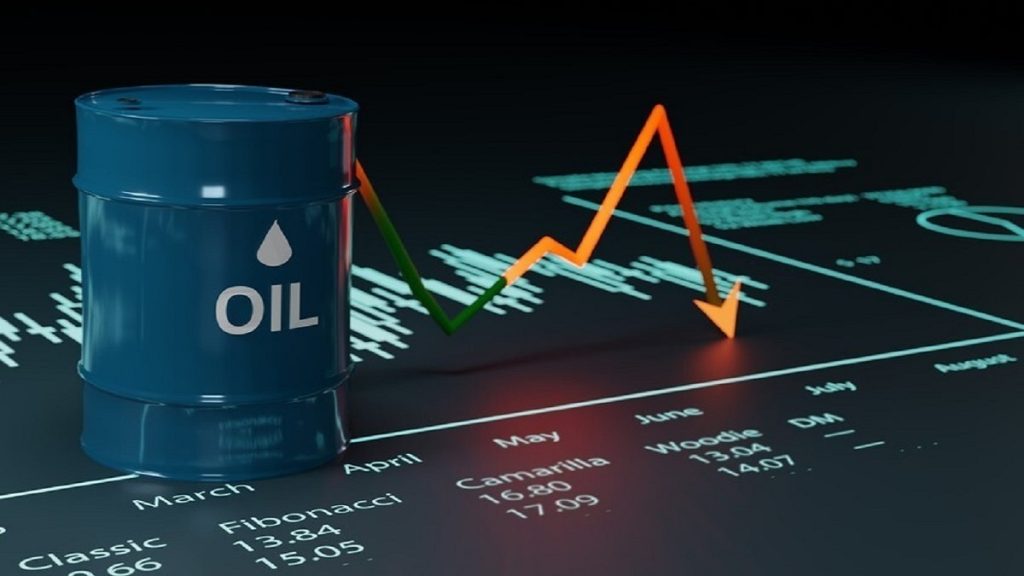Oil prices soared on Friday after Israel launched military strikes against Iran. The sharp escalation in Middle East tensions triggered fears of a supply shock. Crude markets reacted instantly. Brent crude spiked by $6.29, a jump of 9.07%, reaching $75.65 per barrel by 0315 GMT. At one point, it peaked at $78.50 — the highest since January 27.
US West Texas Intermediate crude followed the same trend. It climbed $6.43, or 9.45%, to $74.47 per barrel. Earlier, it hit $77.62, marking its strongest level since January 21. These dramatic swings in oil prices mirrored the 2022 surge, when Russia invaded Ukraine and shook global energy markets.
Israel confirmed the strikes targeted Iran’s nuclear sites, missile production centers, and senior military officers. It warned this was only the start of a broader campaign aimed at stopping Tehran from developing nuclear weapons.
“This situation adds a high level of geopolitical uncertainty,” analysts from ING, led by Warren Patterson, wrote. They said oil traders were now adding a risk premium due to fears of possible disruptions in global supply.
Singapore-based oil dealers were cautious. Many said it was too early to tell how the attack would affect oil shipments. Much would depend on Iran’s next move and whether the United States would step in. “The big fear is that Iran might try to block the Strait of Hormuz,” said one trader.
Saul Kavonic, a senior energy expert at MST Marquee, said any real impact on supply would require Iran to target oil facilities. He warned that in a worst-case scenario, Iran could disrupt up to 20 million barrels per day. That could happen through direct strikes or by closing the Strait of Hormuz — a key global oil route.
Iran’s Supreme Leader, Ayatollah Ali Khamenei, promised “harsh punishment” in response. He claimed the attack killed multiple high-ranking Iranian commanders. The situation remains tense, with expectations of retaliation growing.
US Secretary of State Marco Rubio called Israel’s assault a “unilateral action.” He insisted that Washington had no part in the operation. However, he warned Iran not to harm any American personnel or assets in the region.
Market analyst Priyanka Sachdeva of Phillip Nova said Iran’s retaliation could go beyond oil. “The danger now includes not just supply disruption,” she explained, “but also possible spillover into nearby oil-producing nations.”
Sachdeva added that while Trump has hesitated to get involved, any US action would likely raise oil market concerns further.
Elsewhere, markets reacted sharply. US stock futures dropped during early Asian trading. Investors rushed toward safer assets like gold and the Swiss franc, fearing a prolonged regional crisis.


